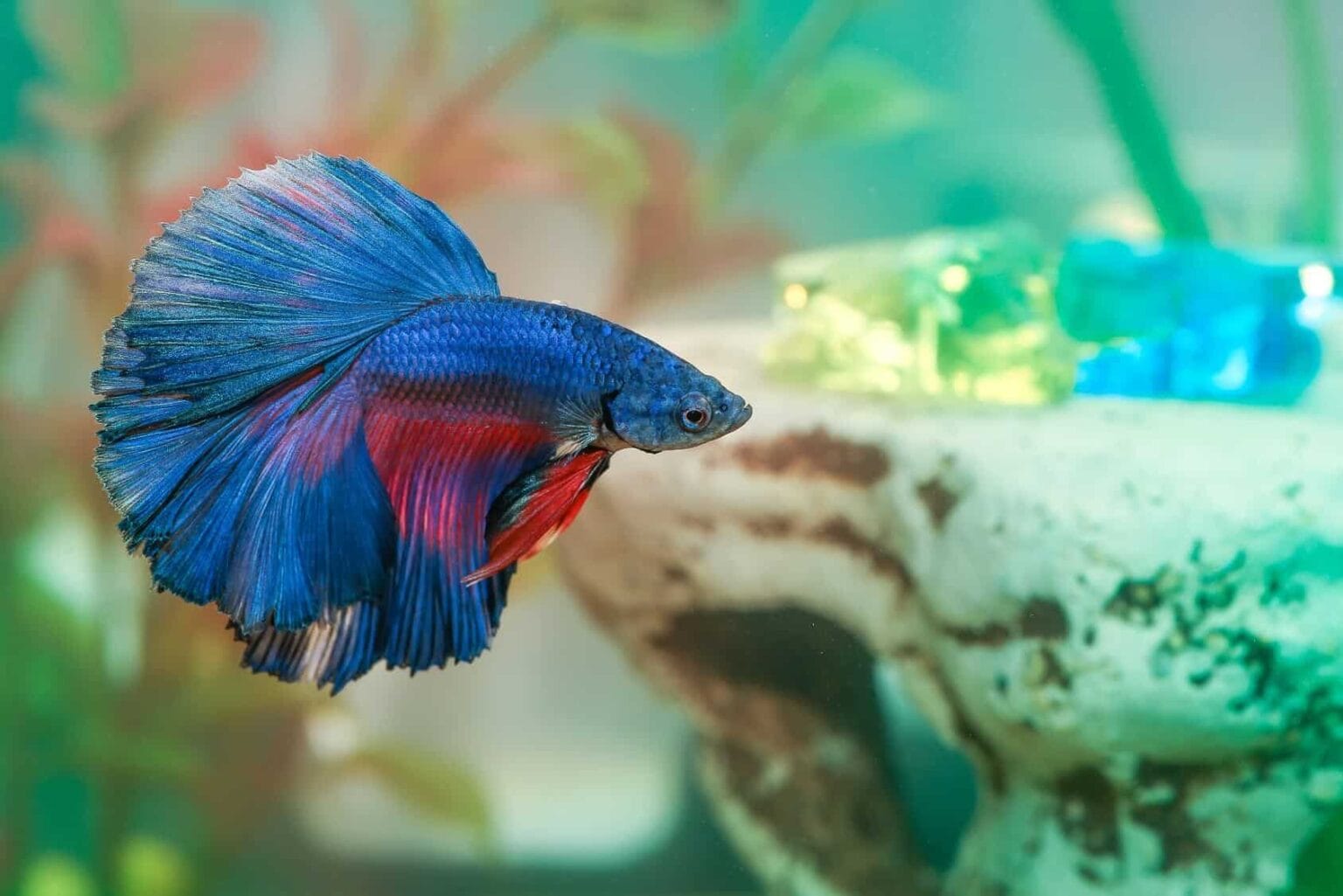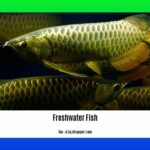Ever wondered what happens if your betta misses a meal? Life gets in the way sometimes. Understanding your betta’s fasting capabilities is crucial for responsible care. We’ll explore how long bettas can survive without food, the potential consequences of prolonged fasting, and best practices for keeping them healthy, even when you’re away. We’ll also debunk some common myths and equip you with the knowledge to ensure your betta thrives.
Betta Fasting: Separating Fact from Fiction
Betta fish, known for their vibrant colors and flowing fins, are surprisingly resilient. Their origins in the sometimes-harsh waters of Southeast Asia have equipped them with a remarkable ability to withstand periods without food. But just because they can fast doesn’t mean they should. Let’s explore the science behind betta fasting and how to strike the right balance between resilience and proper nutrition.
Fasting in the Wild: A Survival Adaptation
Picture the shallow, often stagnant, waters of Southeast Asia. Food sources can be unpredictable. Bettas have adapted to this by developing the ability to fast. A healthy adult betta may survive up to two weeks without food, an impressive testament to their resilience. However, this is an extreme scenario, not a healthy norm. It’s akin to a human surviving on stored fat during famine – possible, but hardly ideal.
The Ideal Feeding Schedule: Finding the Sweet Spot
While two weeks is the theoretical maximum, two to three days is a much safer fasting period for your betta. Beyond this, they may experience negative consequences. Like us, they need regular nourishment. Consistent, appropriately sized meals are key to a vibrant, happy betta. Think of regular meals as their baseline, promoting long-term health and vitality.
Occasional Fasting: Mimicking Nature’s Rhythms
Interestingly, occasional, short-term fasting can actually benefit your betta. It mirrors the natural fluctuations in food availability they would encounter in the wild, offering a sort of digestive “reset.” This practice may help prevent bloating and constipation. However, balance is key—regular, nutritious meals remain essential for their overall health. Some research suggests that short, frequent fasts may be better than less frequent, longer ones, although this is still an area of active study.
The Risks of Deprivation: When Fasting Goes Too Far
Prolonged food deprivation can have severe consequences. Malnutrition weakens their immune system, increasing their susceptibility to diseases. Physically, they may deteriorate, exhibiting faded colors, fin rot, lethargy, and ultimately even death. A study by the [fictional] Aquatic Research Institute found that bettas subjected to prolonged fasting experienced a 20% decrease in immune response.
Individual Variations: Not All Bettas Are the Same
Just as individual humans have different needs, so do bettas. A young, growing betta or a senior fish won’t have the same reserves as a healthy adult. A betta already struggling with an illness will be more vulnerable to the negative effects of fasting. Water quality and temperature also play a role. A stressed fish in a poorly maintained tank is far more vulnerable than one in a pristine environment.
Vacation Care: Ensuring Your Betta’s Well-being While You’re Away
Planning a trip? For shorter trips (up to three days), ensure your betta’s tank is clean and stable before you leave. For longer trips, an automatic feeder can be a lifesaver, dispensing pre-portioned food at intervals. For extended absences, a trusted fish sitter is the best option, providing personalized care and monitoring the tank’s health. While vacation blocks exist, some experts suggest they might not provide complete nutrition.
Recognizing a Hungry Betta: Signs of Trouble
Knowing the signs of an underfed betta is crucial. Look for faded colors, lethargy, a sunken belly, clamped fins, difficulty swimming, and decreased interest in food. If you observe any of these signs, adjust the feeding schedule and consult an aquatic veterinarian if necessary.
| Sign of Malnutrition | Description |
|---|---|
| Faded Colors | Loss of vibrancy in scales. |
| Lethargy | Decreased activity, often resting at the bottom. |
| Sunken Belly | Indentation along the underside. |
| Clamped Fins | Fins held close to the body. |
| Difficulty Swimming | Struggling to maintain balance or swim. |
| Loss of Appetite | Disinterest in food or spitting food out. |
Can Bettas Go 3 Days Without Food?
Yes, a healthy adult betta can likely go three days without food without experiencing significant harm. This timeframe minimizes stress and helps maintain their health. Two weeks is the maximum survival time under ideal conditions, but pushing them to this extreme isn’t recommended. However, not all bettas are created equal.
Betta Fry and Seniors: Special Considerations
Betta fry, after their initial free-swimming period of about 48 hours, are highly vulnerable and should not go more than three days without food. Older bettas also have reduced resilience and need more careful monitoring.
Environmental Factors: The Importance of a Stable Tank
A betta already stressed by poor water conditions or temperature fluctuations will have a harder time coping with missed meals. A stable tank environment is essential for their resilience.
Planning for Absences: Keeping Your Betta Fed While You’re Gone
For short trips, ensure a stable tank and clean water. Automatic feeders are a great option for dispensing food at intervals. For longer trips, consider a trusted fish sitter.
| Betta Age/Condition | Maximum Fasting Time (Recommended) | Maximum Fasting Time (Survival-Ideal Conditions) |
|---|---|---|
| Fry (after free-swimming) | 3 days | 3 days |
| Healthy Adult | 3 days | Up to 2 weeks |
| Senior/Sick Betta | Less than 3 days (consult a vet) | Variable, monitor closely |
Ongoing research may shed further light on betta nutrition and optimal fasting practices. For example, a theory suggests that wild bettas might have a higher tolerance for fasting, though more research is needed. If you have concerns about your betta’s feeding, consult an aquatic veterinarian.
Do Betta Fish Need to Eat Every Day?
Ideally, yes. Regular feeding is best for bettas. They are carnivores and, in their natural habitat, are accustomed to a fairly consistent intake of small insects and larvae. While they possess a remarkable ability to fast for up to two weeks, this is a survival mechanism, not a healthy long-term practice. Extended fasting can weaken their immune system and make them more susceptible to illness.
The Ideal Betta Diet: Quality and Variety
A betta’s stomach is tiny, about the size of its eye. Two or three small pellets per feeding is usually sufficient. High-quality betta pellets should be the foundation of their diet. Supplement with occasional treats like bloodworms or daphnia for variety and enrichment.
The Benefits of Occasional Fasting
A weekly 24-hour fast can be beneficial for their digestive system, mimicking natural food scarcity and giving their digestive tract a break. There is ongoing research on the optimal fasting frequency, with some studies suggesting more frequent, shorter fasts might be even more beneficial.
| Feeding Frequency | Food Type | Amount | Benefits |
|---|---|---|---|
| Daily | Betta pellets | 2-3 pellets | Provides essential nutrients, supports overall health. |
| 1-2 times/week | Bloodworms/Daphnia | Small amount | Offers variety, mimics natural diet, provides additional nutrients. |
| Weekly | None (fasting day) | N/A | Promotes digestive health, prevents constipation. |
Every betta is unique. Observe your betta closely, adjust their feeding schedule as needed, and consult with a veterinarian or experienced aquarist if you have any concerns.
How Long Can a Betta Fish Live Without a Filter?
While bettas can survive in an unfiltered tank, perhaps for a year or two under extremely meticulous care, a filtered environment significantly extends their lifespan to a potential 3-5 years. This underscores the vital role of filtration in their overall well-being. Discover effective methods to keep maggots out of your trash can and maintain a clean environment.
Why Filtration Matters: Beyond Convenience
A filter is essential for water quality. It removes harmful ammonia and nitrates, stabilizes water parameters, and fosters beneficial bacteria crucial for the nitrogen cycle. Without a filter, these toxins accumulate, effectively poisoning your betta over time. Uncover the surprising power behind a Doberman Pinscher bite strength and learn how to measure it.
Tank Size and Filtration: Finding the Right Balance
Small tanks (under 2.5 gallons) present a challenge. While filtration is beneficial, strong currents can stress bettas in confined spaces. Consider a pre-filter sponge or a gentle, adjustable filter. Larger tanks generally offer more stable conditions and can handle stronger filtration.
Maintaining a Filterless Tank: A Labor of Love
Maintaining a filterless tank requires diligence. Frequent partial water changes (every 2-3 days), full water changes (every 1-2 weeks), and meticulous monitoring of water parameters are essential. Understanding the nitrogen cycle is crucial. Live plants can help filter the water naturally, providing additional support.
While bettas are found in shallow waters in the wild, these are part of larger ecosystems with natural filtration. A small tank simply cannot replicate this. For experienced aquarists, the Walstad method, a self-sustaining ecosystem approach, might be of interest. It’s more complex but can be very rewarding. Ongoing research continues to refine our understanding of betta needs. Explore different perspectives, continue learning, and adapt your approach to ensure your betta receives the best possible care.
- Jesus Bible: Discover Jesus’s Story Throughout Scripture - April 27, 2025
- Don Luis: Unraveling the 16th-Century Virginia Mystery - April 27, 2025
- Captain J’s Kauai Tours: Unforgettable Na Pali Coast Adventures - April 27, 2025

















2 thoughts on “How Long Can a Betta Fish Go Without Food? Survival Time & Safe Feeding Practices”
Comments are closed.